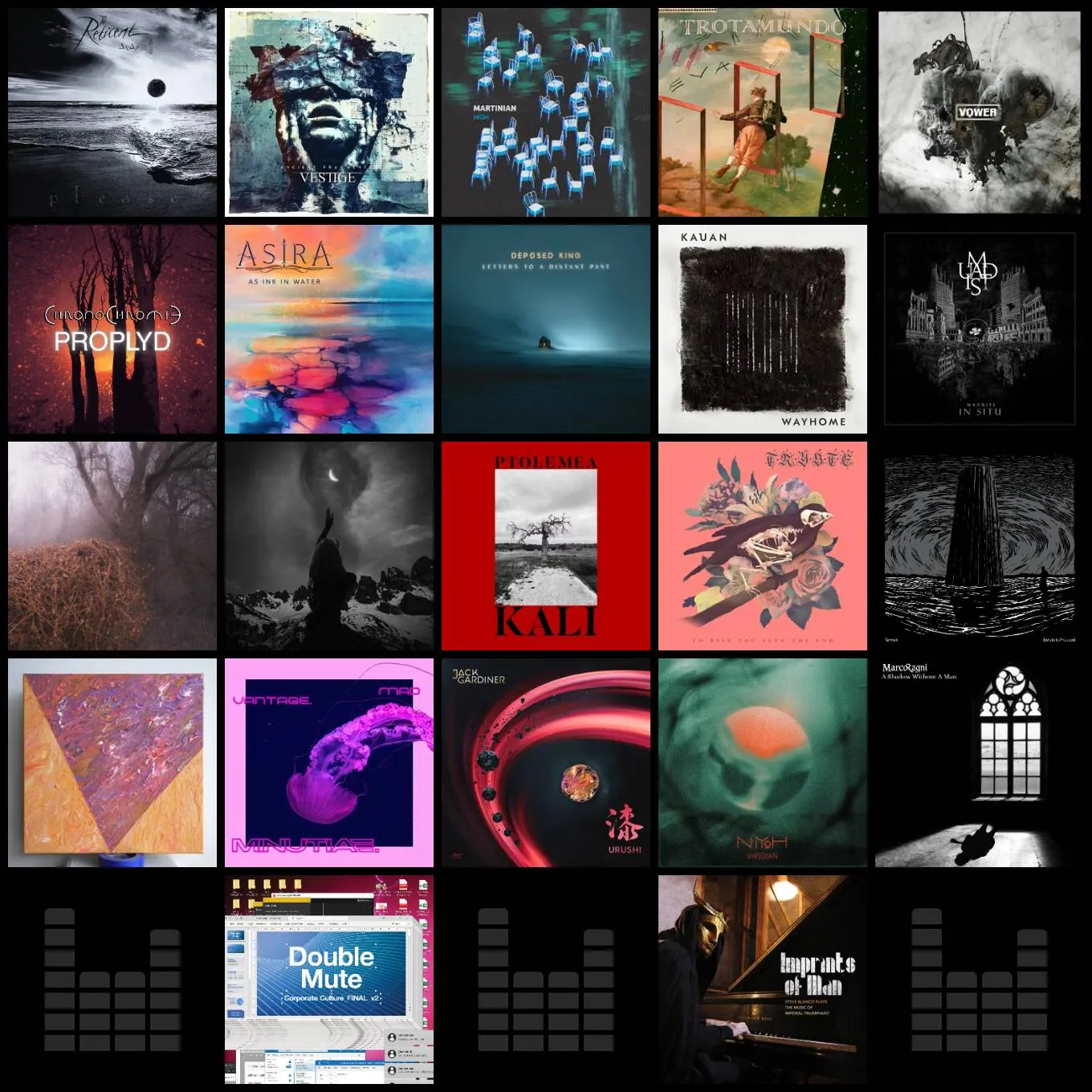
First Fragment – Gloire éternelle
For a few years now, modern technical death metal has been one of my favourite subgenres of all progressive or complex music. The amount of diversity, expressive value, colour and fragrance that artists of this genre have been able to bring into what is otherwise one of the most extreme and unforgiving music styles always leaves me baffled. And among all the bands displaying their most fabulous creative tricks and striking skills, one name rose supreme. That name is First Fragment, and the album that made them rise to the top is “Gloire Eternelle”. I honestly cannot believe that I’ve been sleeping on this band for as long as I have, and their latest opus has rendered me breathless in every possible regard. With that not at all over the top opening out of the way, I shall now attempt to break down some of the reasons behind my instant glorification of this band (pun intended) and to make some sense of what is actually going on throughout this creation.
The main reason why I was curious about First Fragment was the presence of bass legend Dominic “Forest” Lapointe in the line-up. I know he is also in Augury and recorded on Beyond Creation’s earlier work, and those are both bands I greatly appreciate. Furthermore, he has been advertised to me as a tech-death bass legend, and after a few listens through this album, I can only tip my hat in complete respect to such a masterful musician, as is actually the case with the entirety of First Fragment’s lineup. He takes the fluid fretless bass style known to the genre to the ultimate level of mastery, playing at absurd speeds and also keeping the flow of it controlled with impressively tight precision and on top of that, the influence of classical music and jazz adds a level of refinement and class rarely seen in tech-death. With that, you can expect a fluid, clean and polished sound, and the entire soundscape of the music seems to be created around the same sort of dynamic.
First Fragment – Gloire éternelle ( Click here if the video does not play )
Zooming out from one particular musician and looking at the big picture, we see a frantic display of technical hyperactive motion running on all instruments. More often than not, there isn’t much of a separation between the rhythmic and melodic components of the music. Instead, the entire band moves forward in a constant stream of technicality while the main melodies and themes seem to be embedded in the riffage and structure itself. The cohesion between clear pacing and seamless flow of melody is so sublime that the entire soundscape with all its moving pieces acts as a whole sonic organism. Guitars, bass, drums and vocals all race in perfect unison. Then, from this orderly chaos, each musician takes turns to rise into the spotlight as an extension of the full sound, living his moment of glory before being sucked back into the maelstrom, leaving room for another to come forth. Yes, I’m talking about the solo sections.
While I wouldn’t even try to break down what exactly is going on in the full composition of these songs, the solos on their own deserve a special spotlight. Truth be told, the riffing itself often sounds more like a solo than an actual riff. But when the actual intended guitar solos come forth, more volume, character and wailing madness screams its voice loud and clear. The style of bendy, whammy and vibrato-infused neo-classical shredding put together by Phil Tougas and Nick Miller could easily make them come through as the modern-day reincarnations of Paganini. They bring forth such an intense performance, absurd in speed yet filled with soul by the vibrant sound of all the bending and accentuated melodies that peer through. The rhythm break and start of the solo section in the first released single ‘Pantheum’ is a good example of what I mean. Despite extreme speed and musicianship, they find a way to let superb majestic melodies glow and breathe space into the music, then use the skillful shredding to flower them up with spicy exuberance in theatrical and dramatic tones. To make matters even more extreme, a solo per song is nowhere near enough for these maniacs. Instead, they will scatter them across the songs like unexpected jewels to be found and then when the composition provides room for it, build an entire sequence of lead moments alternating between the bass and both guitars. What makes these moments so special is not just the impressive display of musicianship but the sense of evolutionary motion that they carry as they move forward with the different changes and variations of the song, starting in a certain phase and being able to change the tone completely by the time the lead sections are over and the vocals can start again.
First Fragment – La Veuve et le Martyr ( Click here if the video does not play )
That gets us to vocals. And this was the one component that I struggled to fully absorb. Given that all lyrics are in French, it adds an extra layer of flamboyance to the music but it also makes it more difficult to sink into the album if you’re not a speaker of the language. And David AB’s scream tone felt a bit constant to me at first glance. However, more patience with it made it sink in well and start feeling one with the songs and also as I paid a closer ear, I could hear way more interesting things going on vocally like snippets of gang shouts and some incredibly satisfying rumbling noises that sound more like the snarl of a wild animal than a human voice. He brings a very organic, raw and corrosive component to the music, scraping off some of the hi-fi effect and bringing more nuance to the textures of the music.
Now all that madness needs some backbone to stick to and that falls in the hands of drummer Nicholas Wells. Once again, the fluidity of his playing is what comes across the most. Over a constant stream of double bass running at blistering speeds he will put on a whole show of blast-beats grooves, transitions and rhythm alternations constantly changing the pace of the music while keeping the continuity in the stream of energy. Just to convince anyone who may have any doubts about his musical abilities, there are some blistering kick-moments that are dead set on challenging Archspire’s Spencer Prewett to a drum duel, and honestly, I’m not sure who would win. Of course, there’s a strong progressive component going on as well. I find it really surprising that the constant flow of the music can be kept even through odd shifts in pace, tempo changes and off-beat accents sprinkled here and there. The outro section of ‘Soif brûlante’ displays a number of changes in pace that are totally worth noting.
First Fragment – Pantheum ( Click here if the video does not play )
Having broken down most of what makes this some of the best tech-death out there, it’s time to look at what’s not exactly tech-death but just pure sonic culture! The intro itself into the opening track ‘Gloire éternelle’ shows a beautiful use of clean guitar, one that seems mostly drawn from classical music but played in a style that I would dare compare to flamenco or mariachi styles although I’m not very familiar with these genres. We also get some incredibly jazz driven bass tones when Forest decides to switch from flow to slapping. Another special moment on the album is the ‘Sonata en mi mineur’ which, if the title didn’t give it away already, is a proper classical piece, only played on electric guitar in their iconic bendy lead style. The acoustic guitars play a huge role here as well and in the second half, the full band comes in with a smooth yet complex groove, giving an amazing refreshing energy. The use of sound effects like wind, bird songs and water flowing make this one even more immersive and fully immerse you into a serene atmosphere, only to then be slapped over the head by that one snare hit kicking off ‘Ataraxie’.
First Fragment – Sonata en Mi Mineur ( Click here if the video does not play )
The amount of highlight moments to be noticed on this album exceeds one’s ability to properly count, but when it comes to a wow-factor, I must zoom in on the magnanimous 19-minute epic ‘In’El’. It has one of the most incredible build-ups I’ve ever heard, flowing through beautiful guitar and bass solos based on melodies so memorable, epic and majestic that they make you see things. More so than in any other track, the tech-death madness clears out leaving full, breathy and majestic moments to shine. While the concept itself isn’t entirely clear to me due to previously mentioned language barriers, it does seem like this song describes an epic battle, one that may see the end of an empire or tyrannical reign that has been unshaken for a really long time. The beginning of movement 4 (Éther) sounds like 2 armies lining up for a historical battle, one that could be emulated by a wall of death if our times would allow these masters to climb on stage. And then the fade-out ending must be one of the very few uses of fade-out that I actually approve of. For long, I’ve carried a raw hatred towards this approach of ending songs as I felt it doesn’t actually conclude the song, but here it does exactly that. On a repetitive theme that seems to be soaring higher and higher on all instruments, picking up speed, high-pitch and tension, the image seems to zoom out from the final scene as if it were a curtain call to one of the most iconic artistic dramatizations. Then the outro, ‘Mort éphémère’ harkens back to the intro in proper prog concept album fashion, leaving a cyclic feel to the entire rollercoaster and making you feel like you just might want to replay, if you still have the spoons for it.
Trying to take in all of this, I can but bow to these great masters and I would not be surprised if “Gloire éternelle” would go down in history as a timeless symbol of the genre and a testament for the highest reaches of human potential. It pushes all limits of playing ability and creativity to the extreme and beyond and it is made to leave you breathless. Hands down, best technical death metal album I’ve ever heard!
Track List:
- Gloire éternelle (08:41)
- Solus (04:35)
- La Veuve et le Martyr (05:37)
- Pantheum (04:36)
- De Chair et de Haine (09:03)
- Sonata en Mi Mineur (05:45)
- Ataraxie (05:16)
- Soif brûlante (06:53)
- In’El (18:54)
- Mort éphémère (02:08)
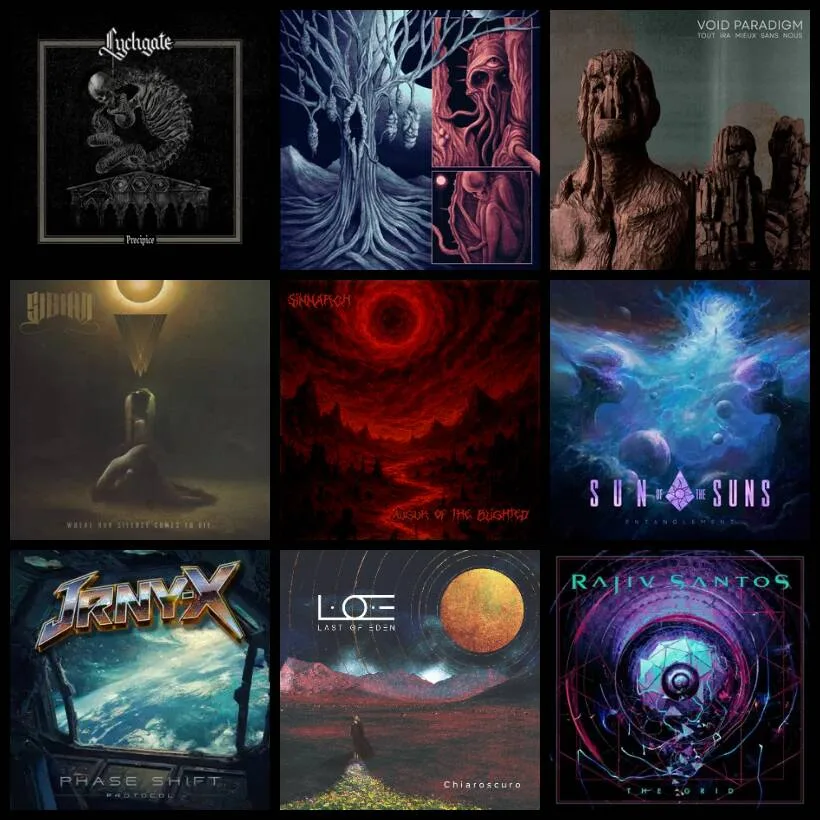
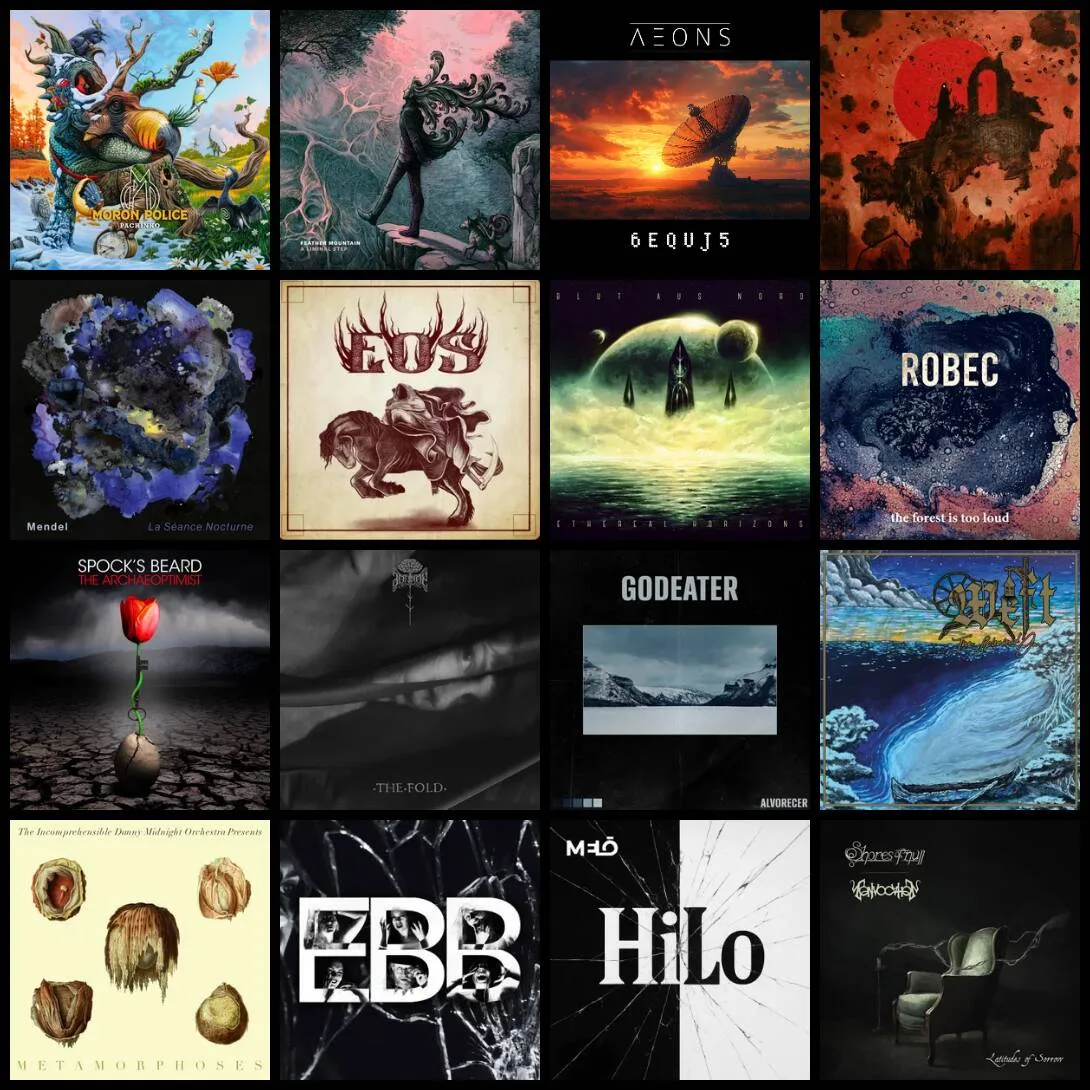
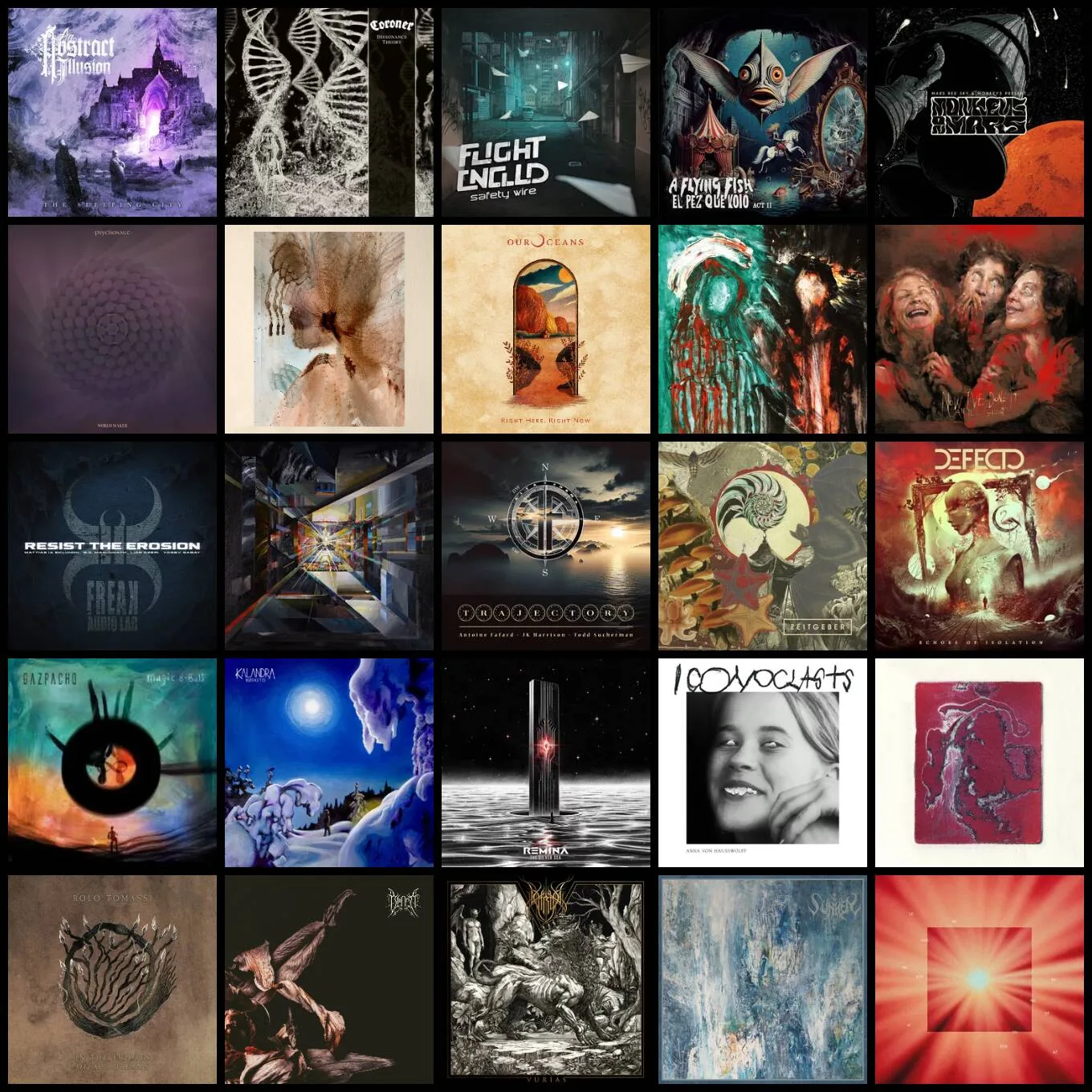
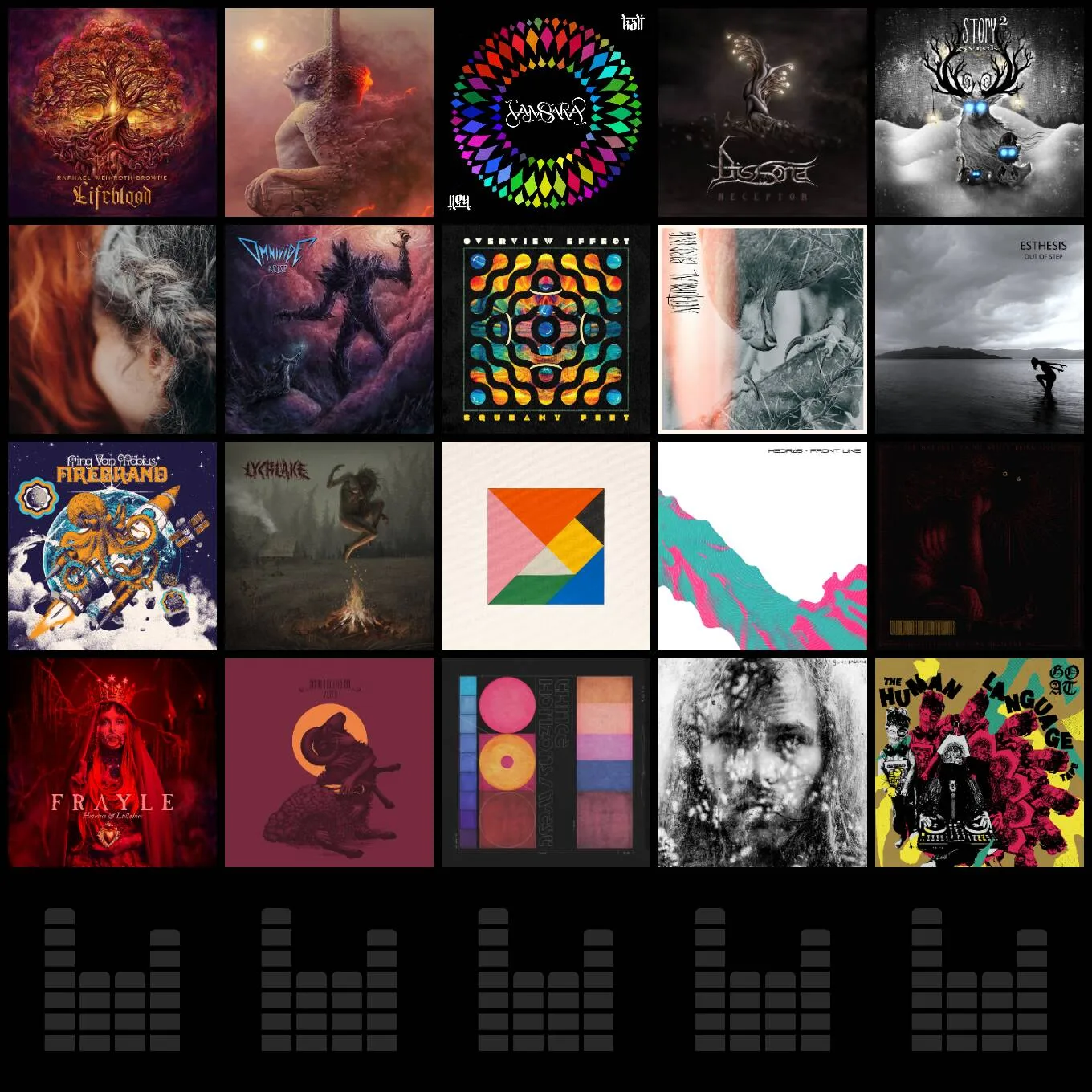
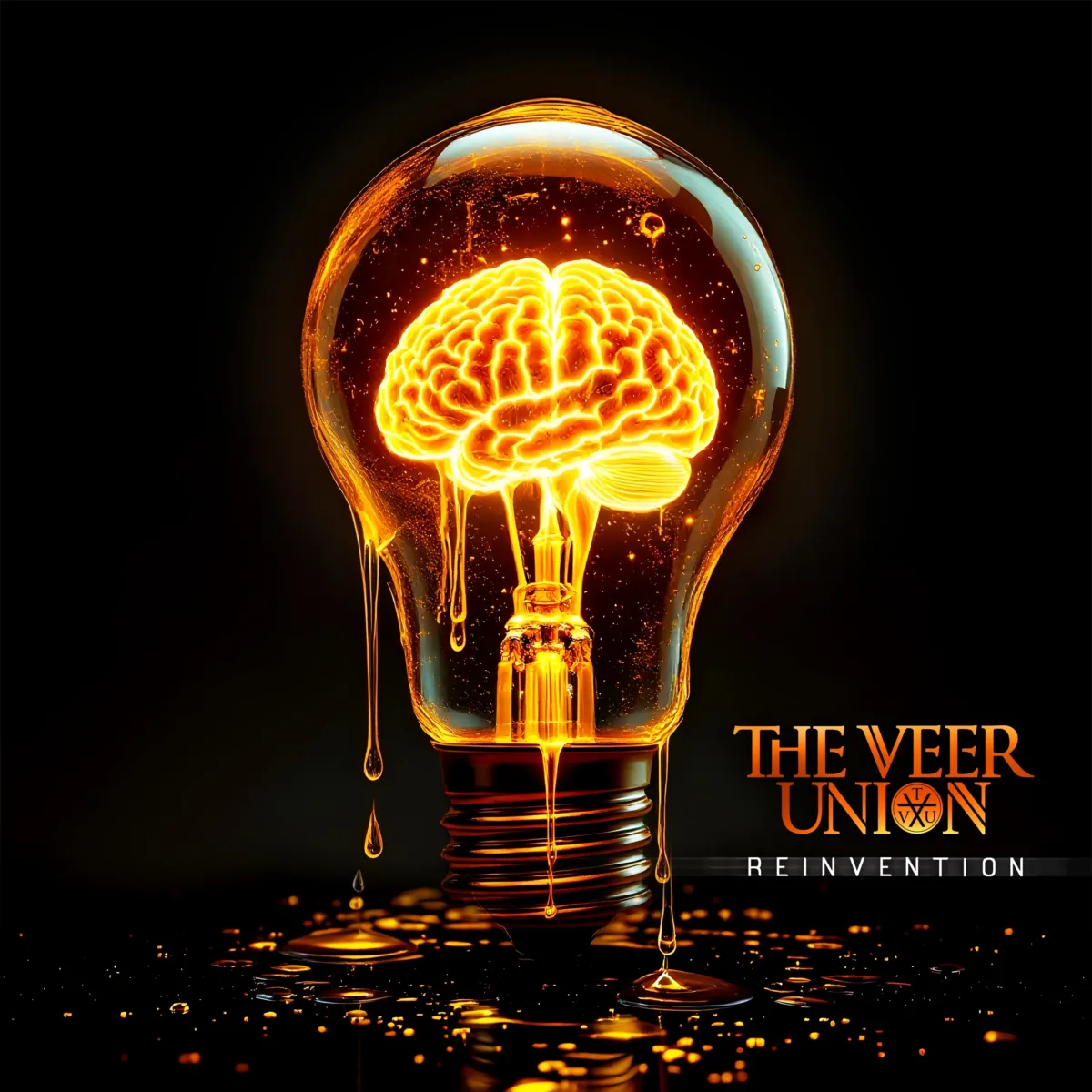
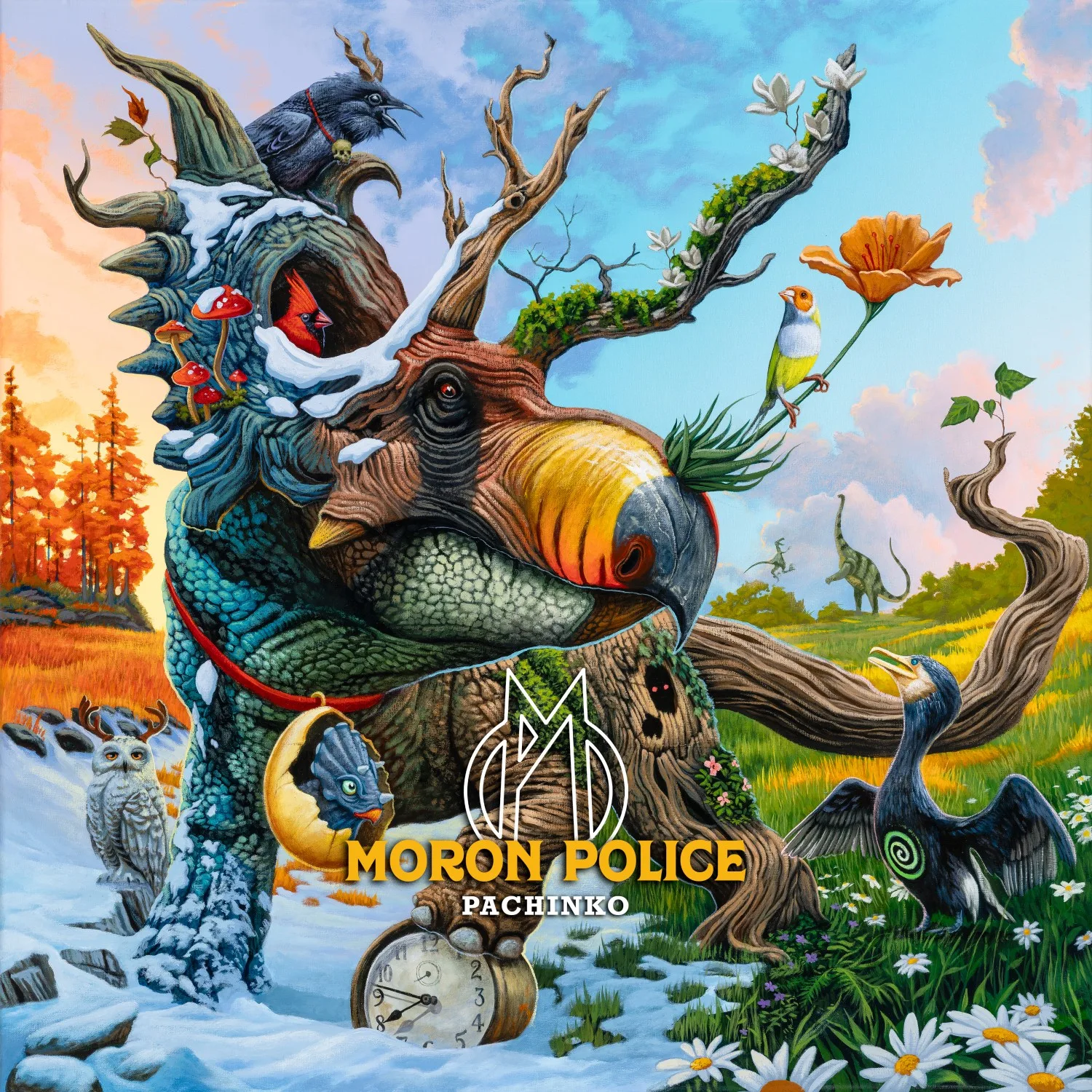
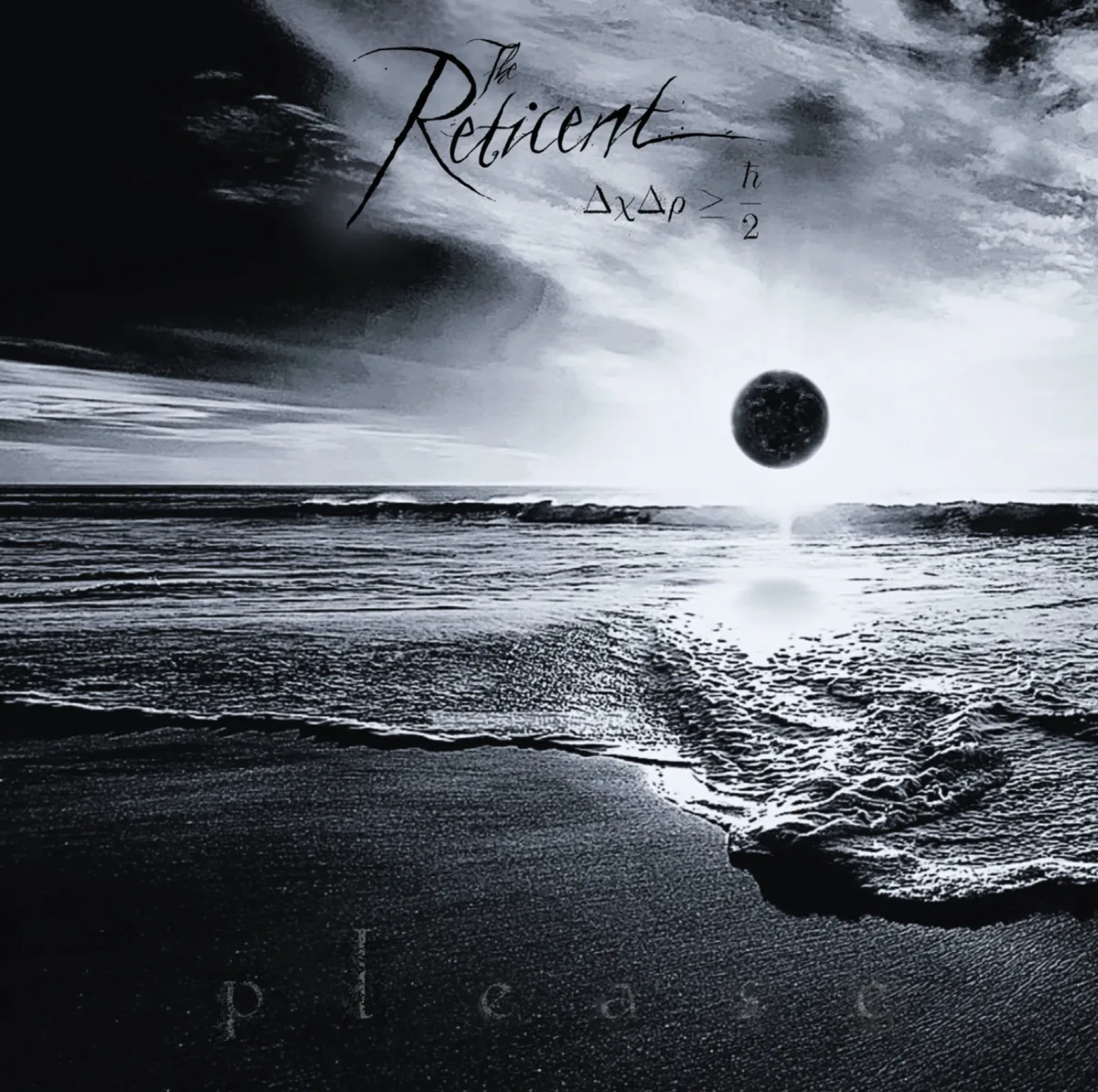
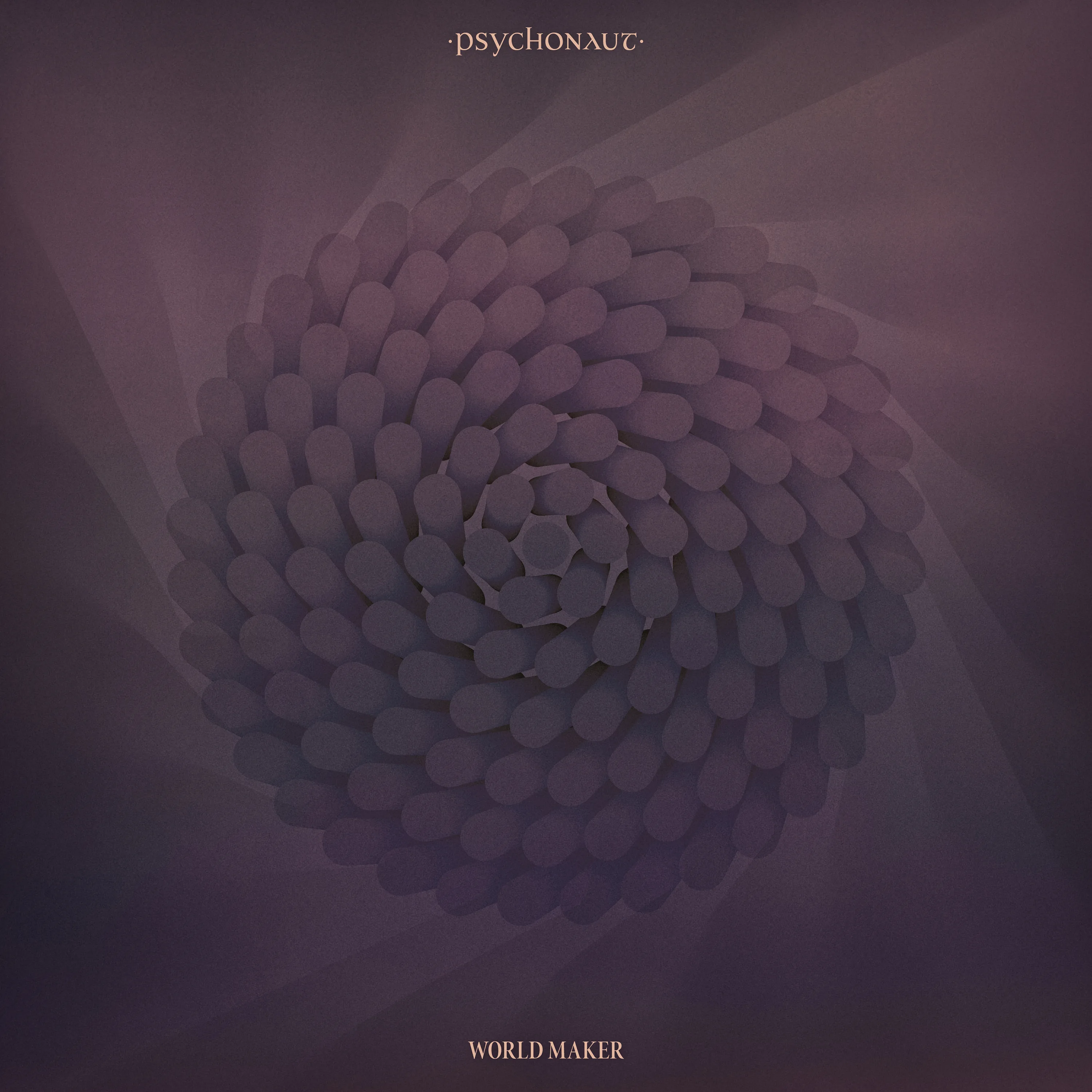
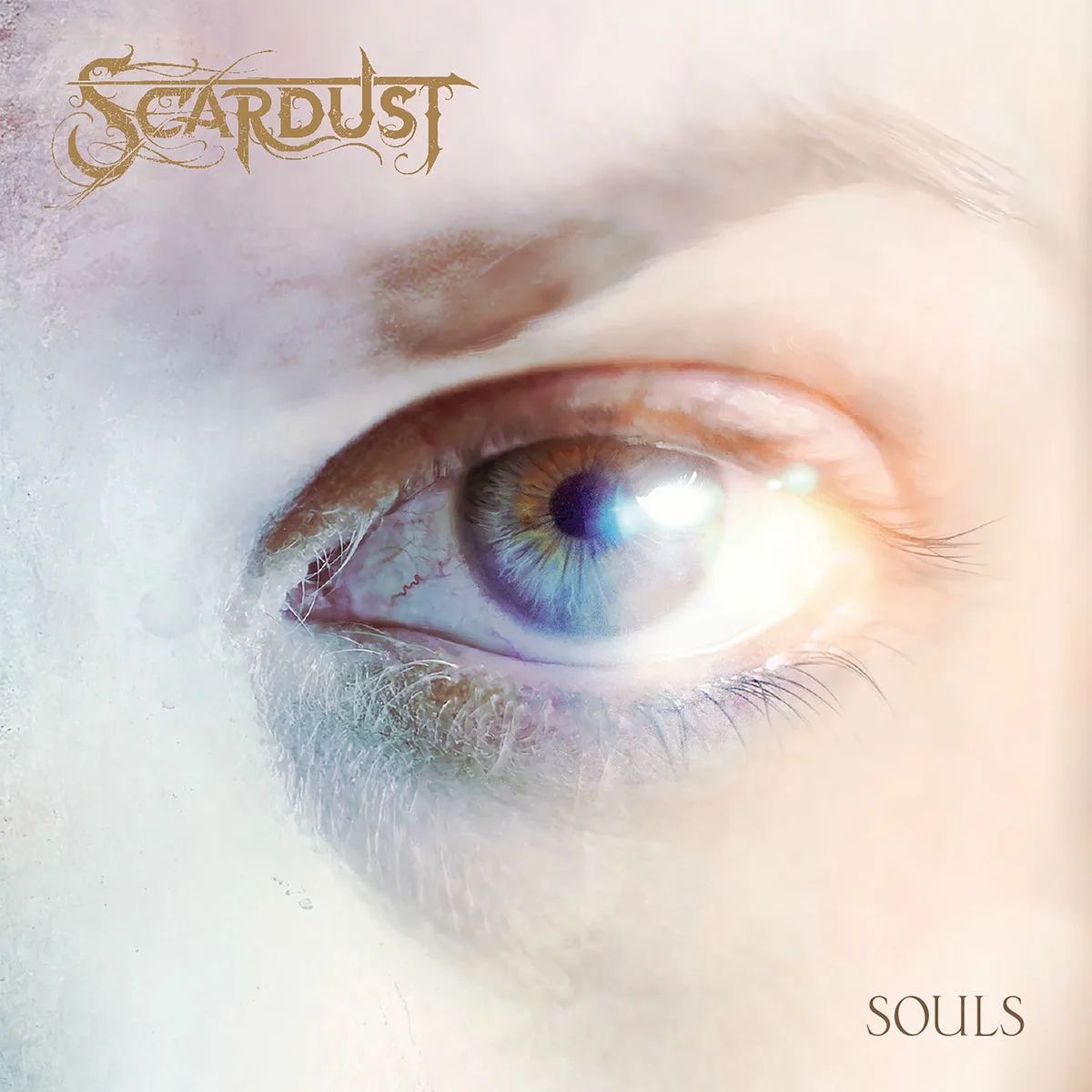
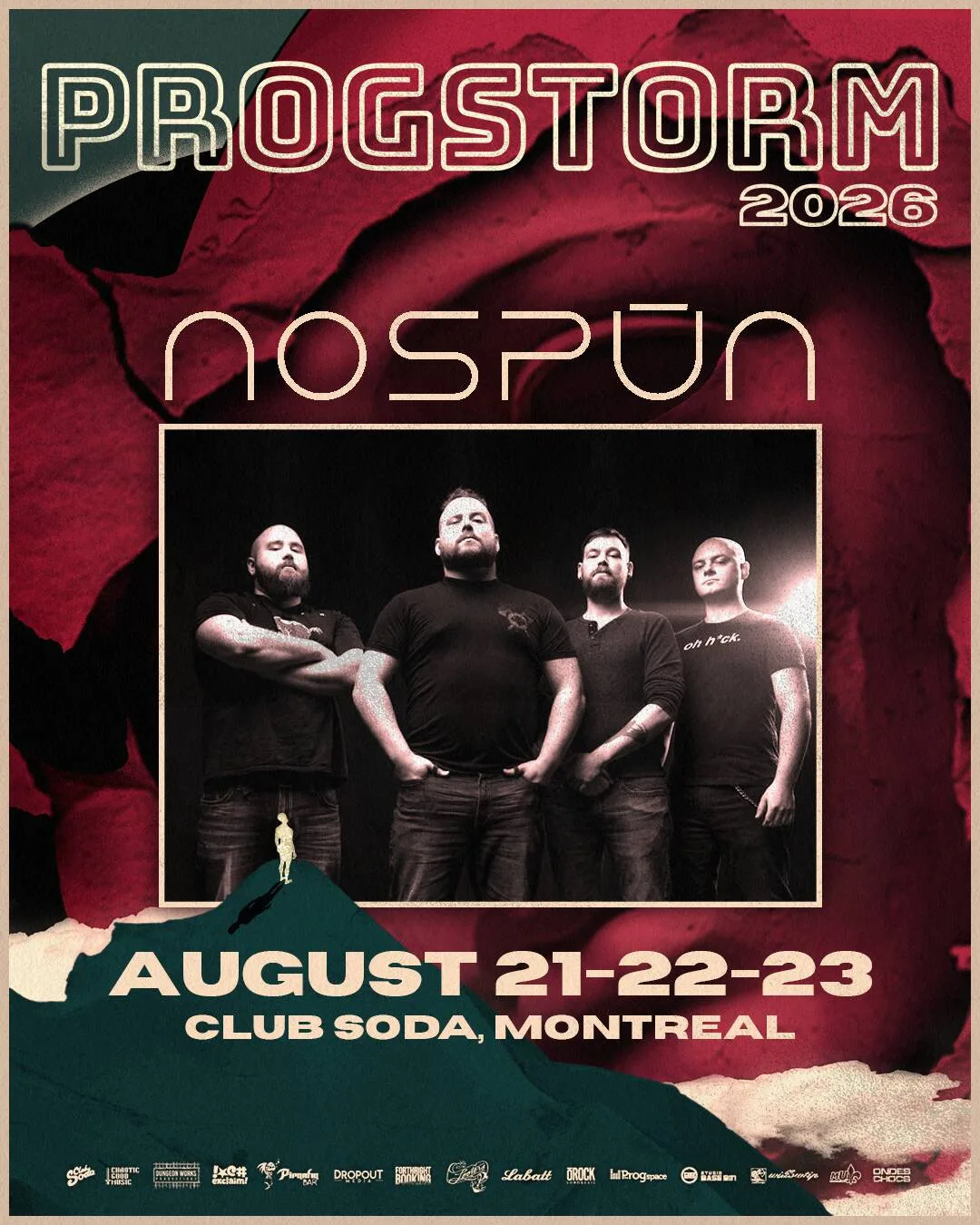
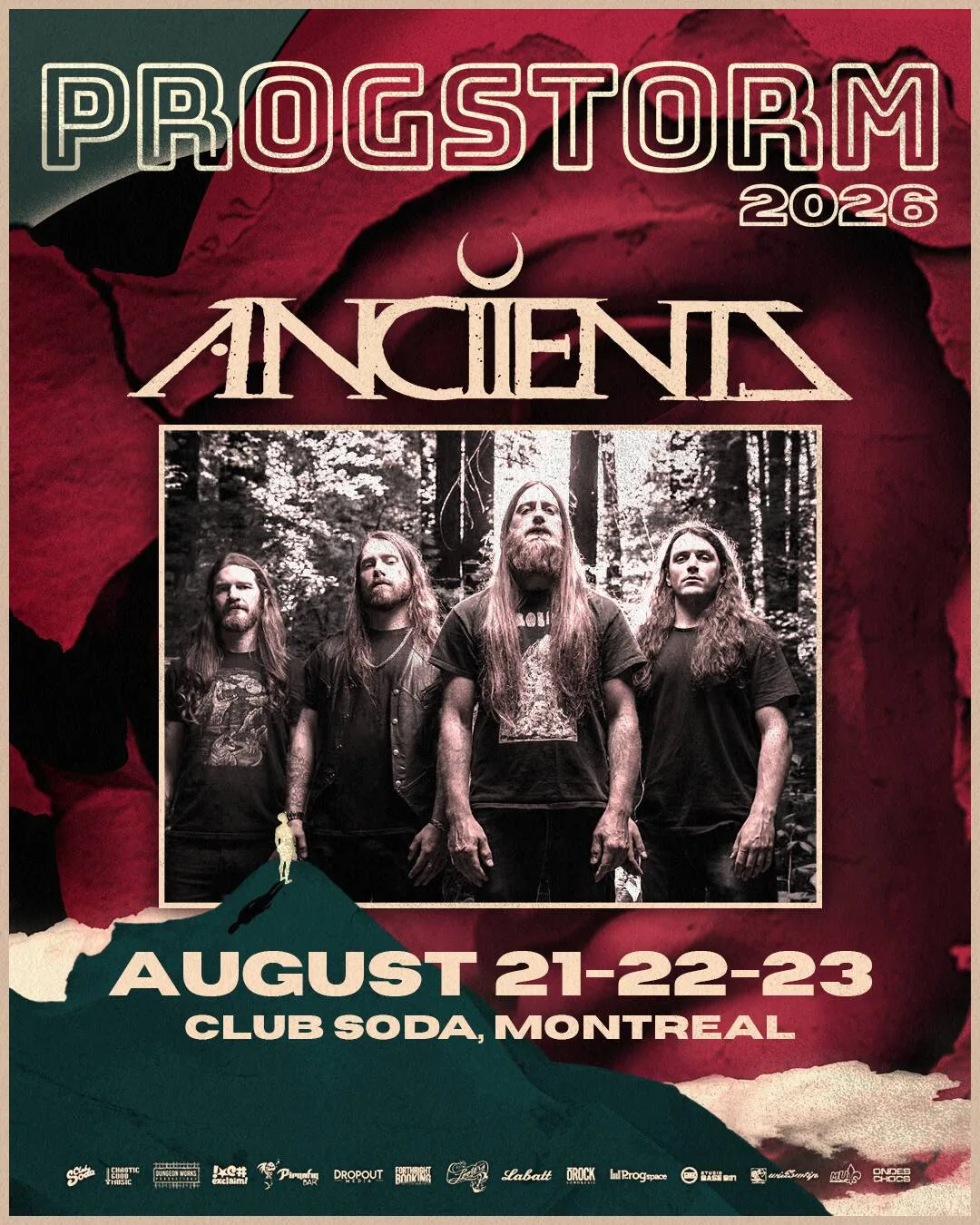


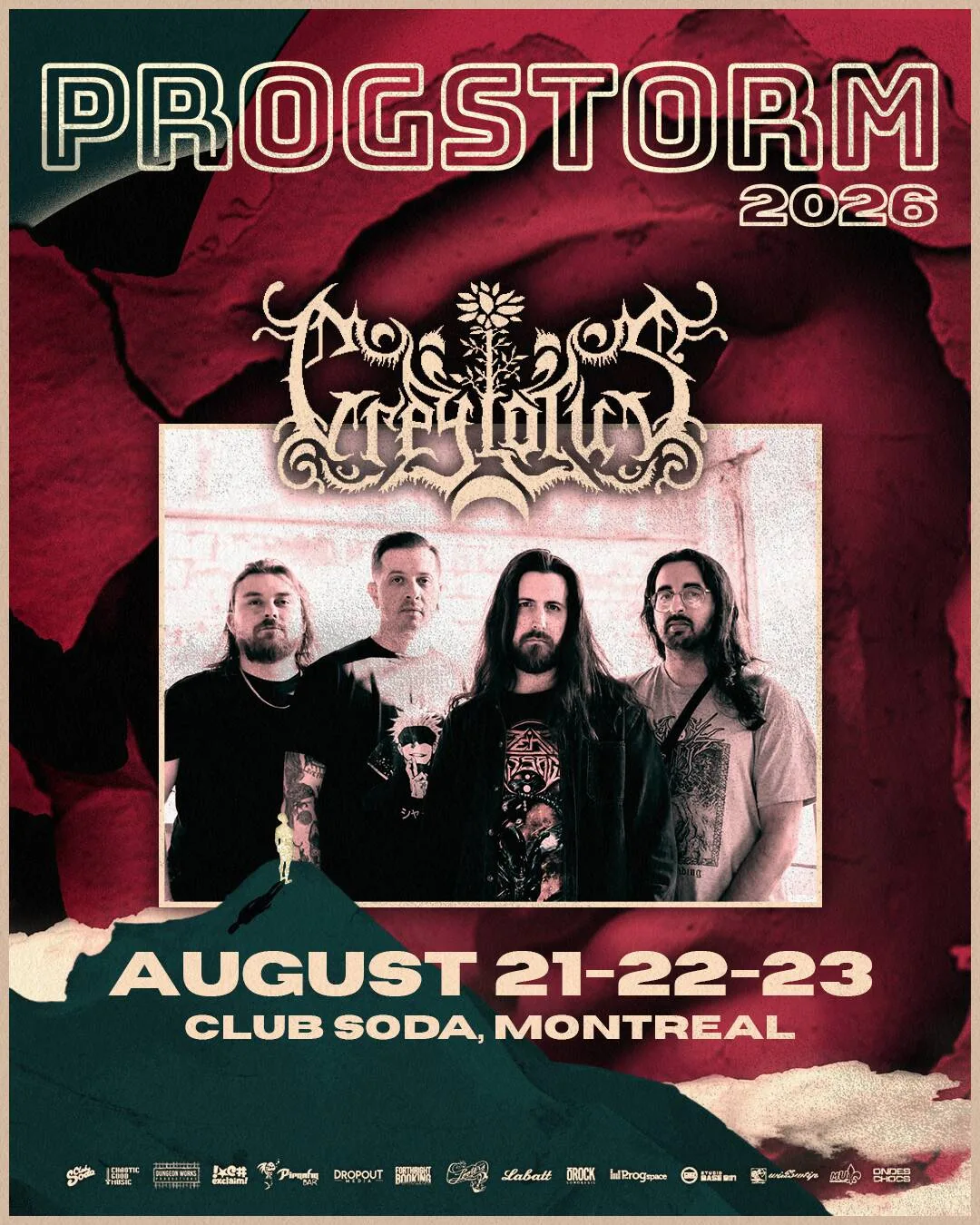

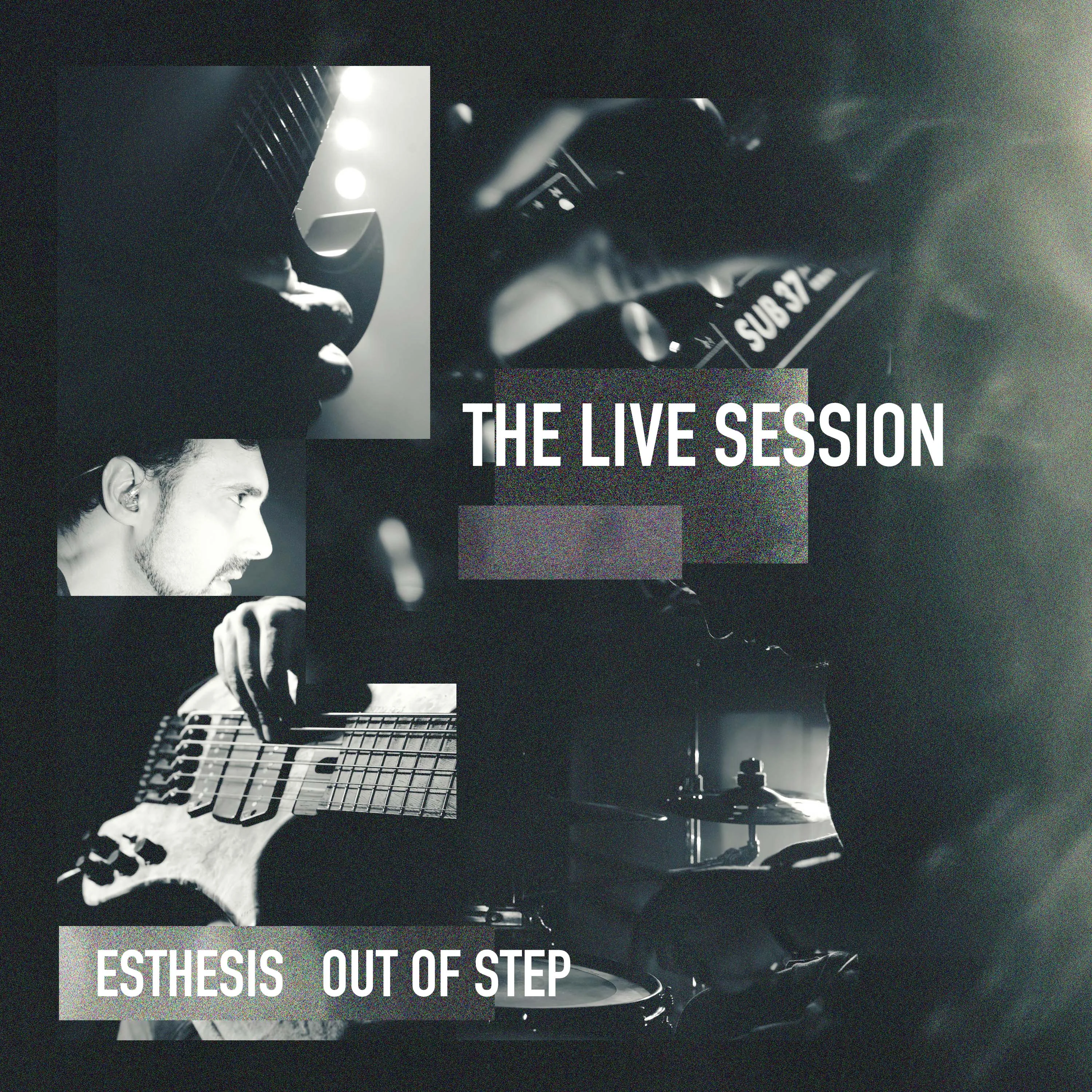
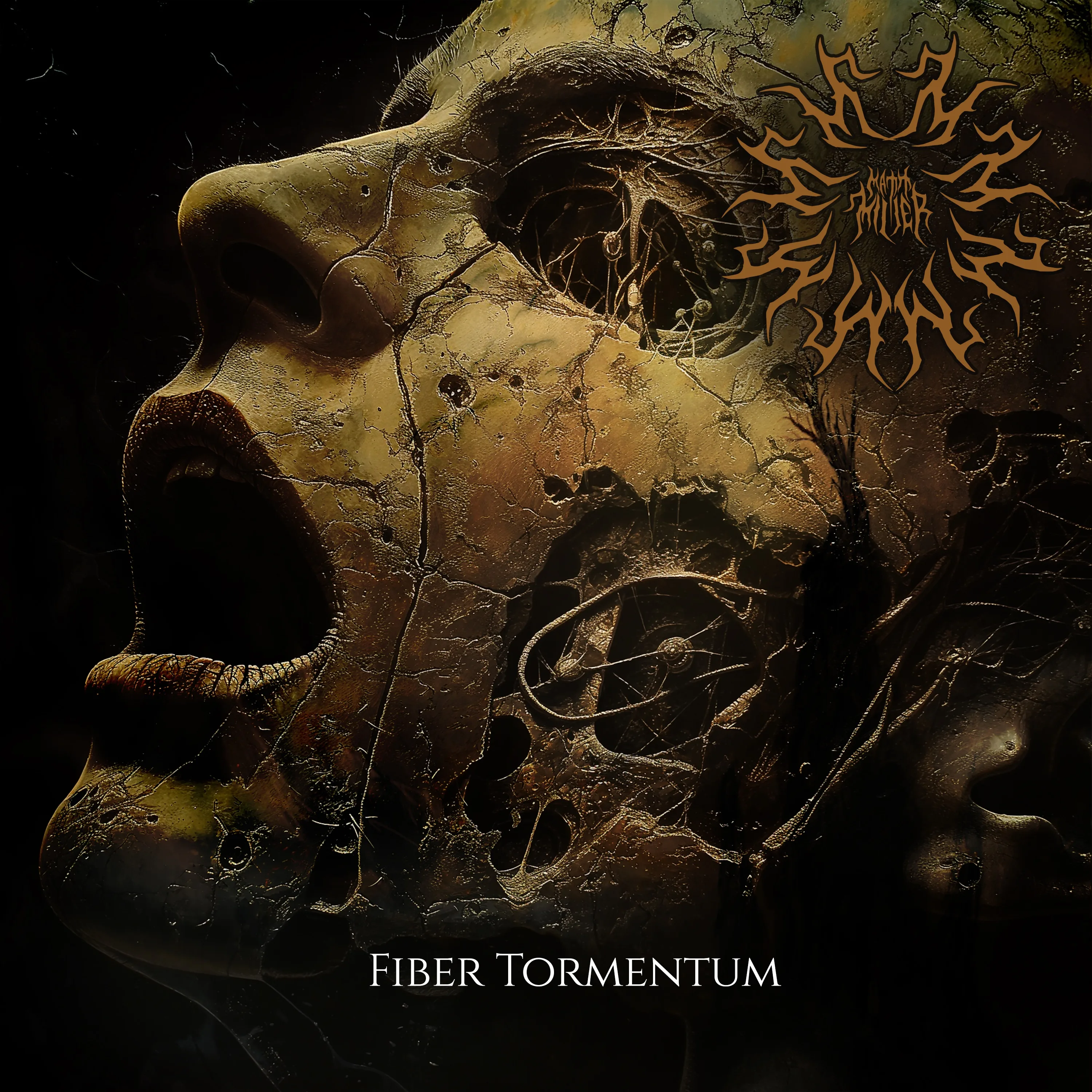
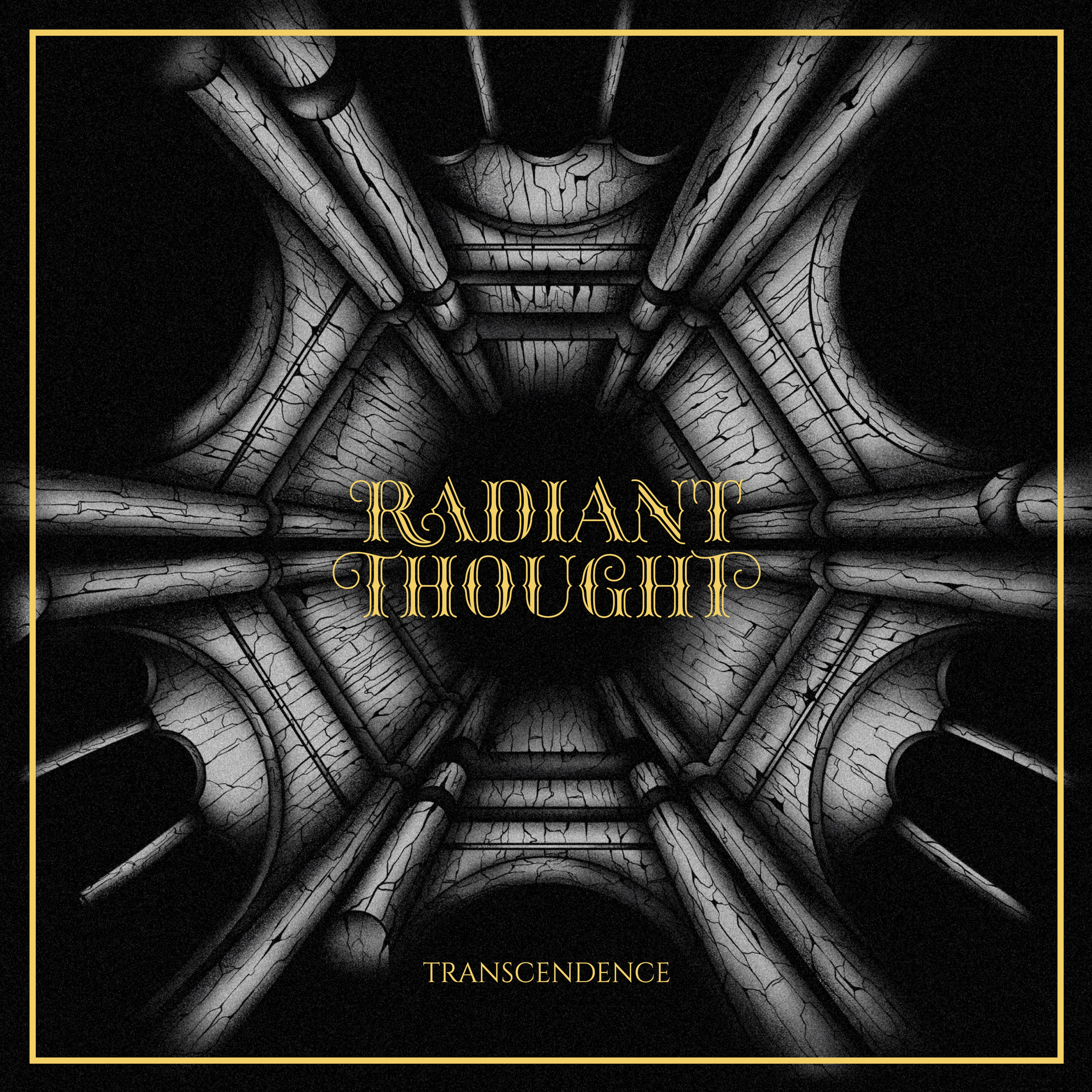
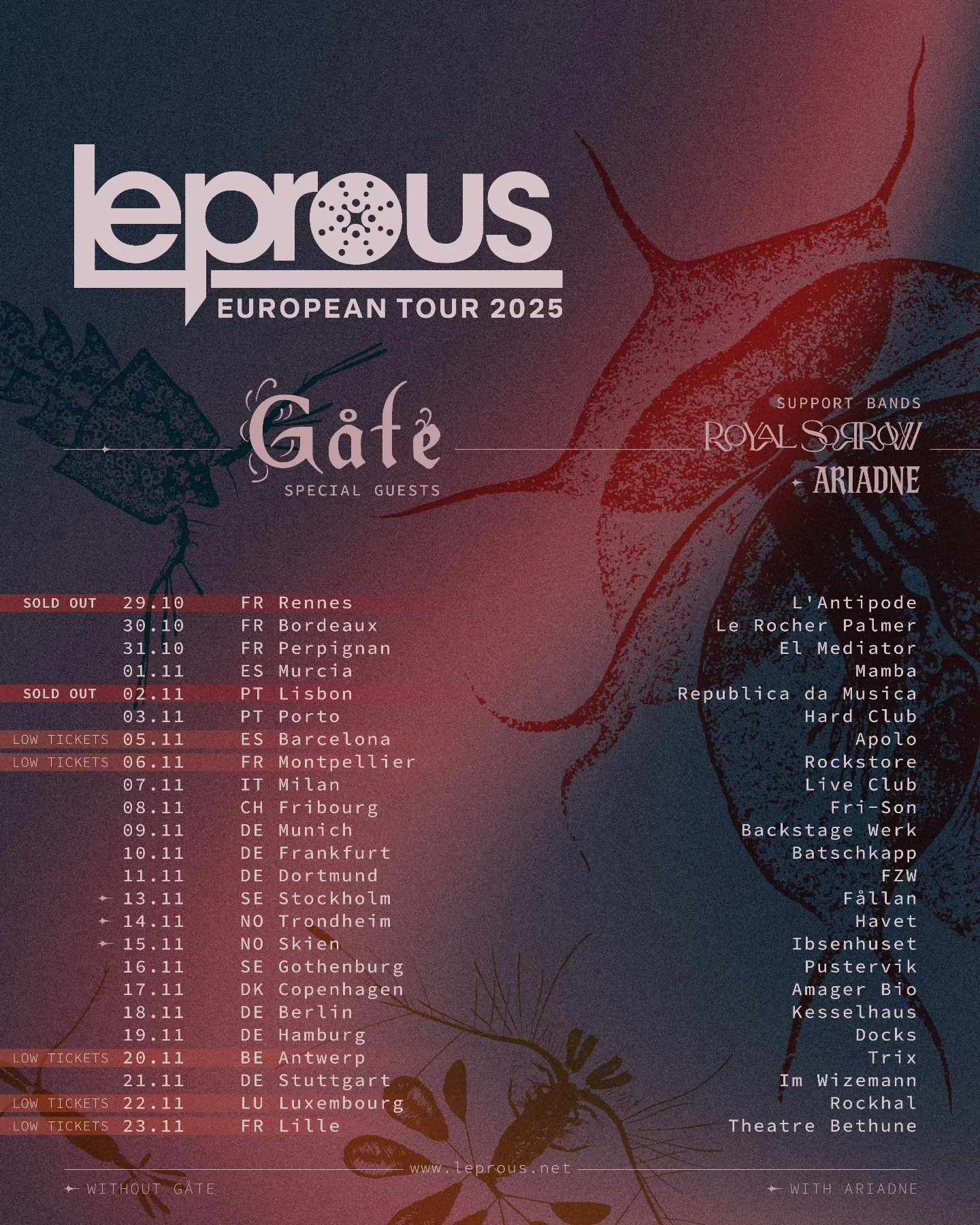
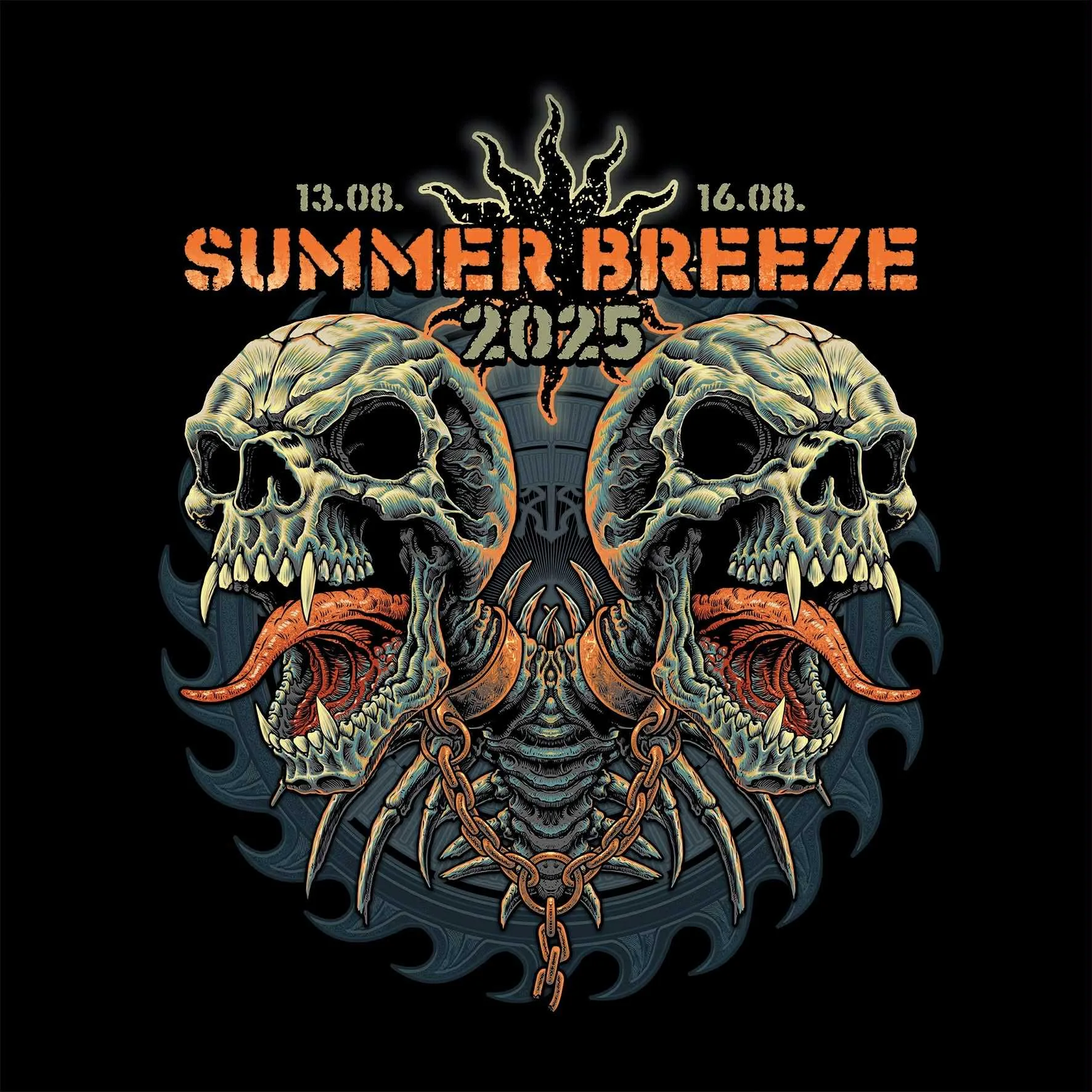



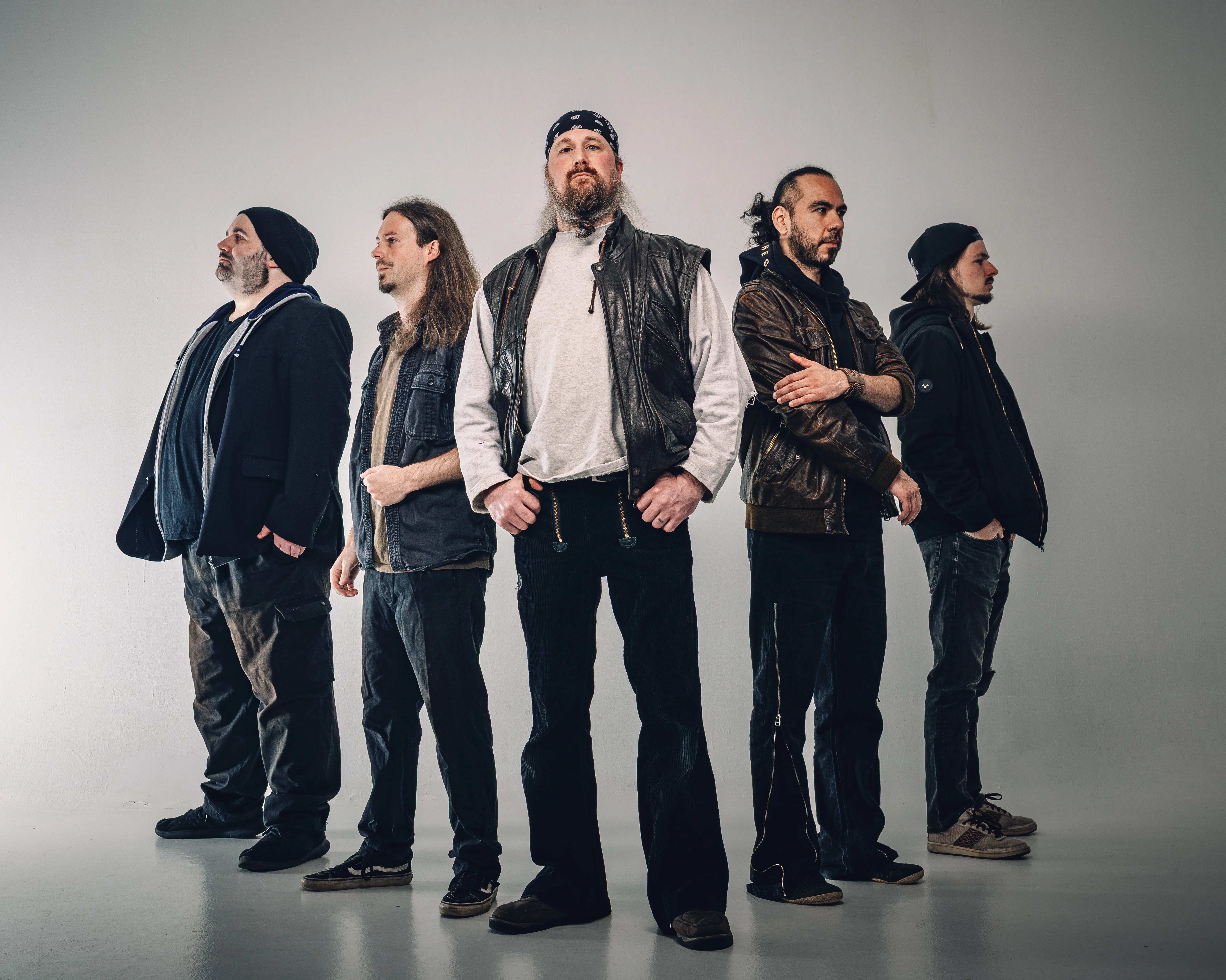

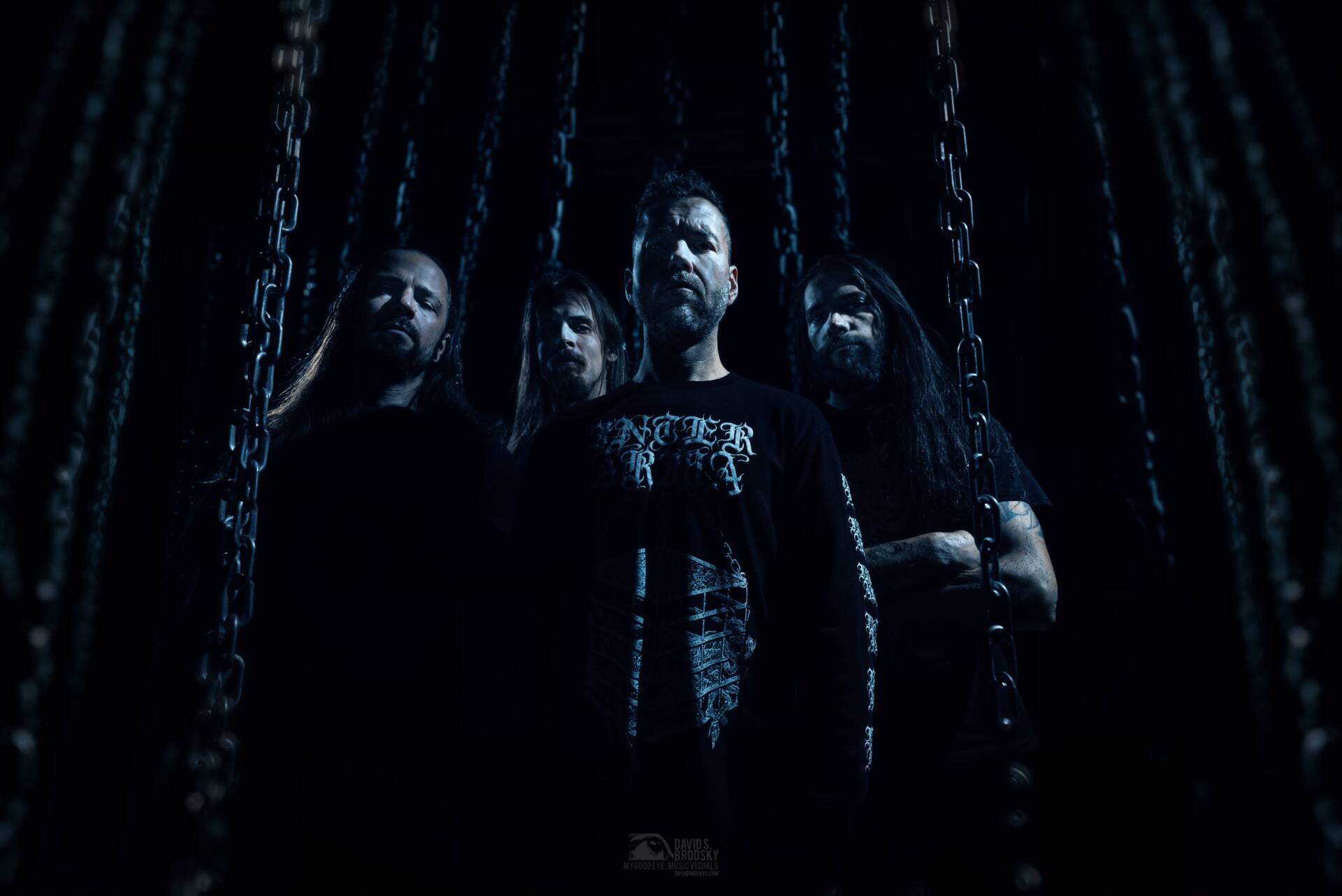

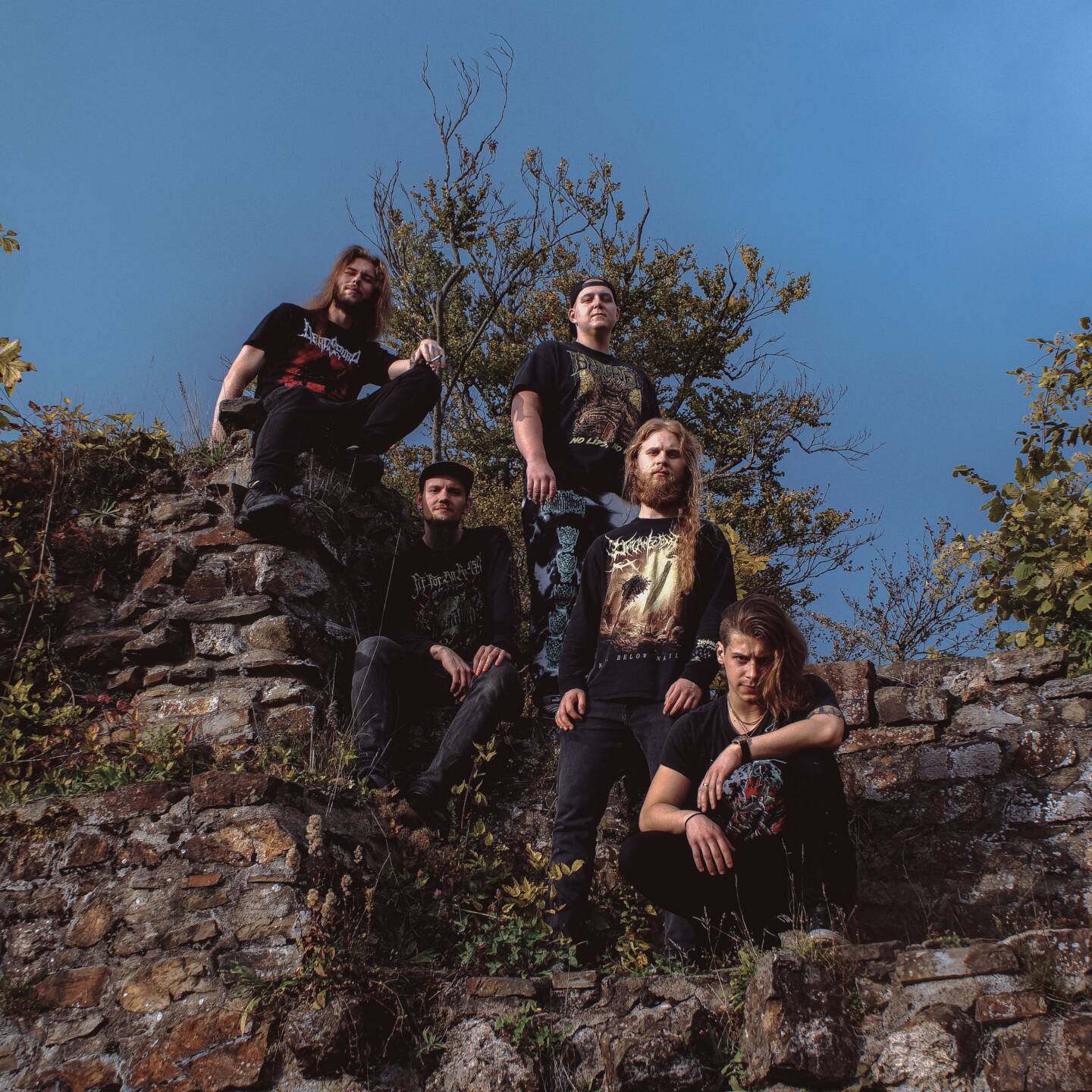
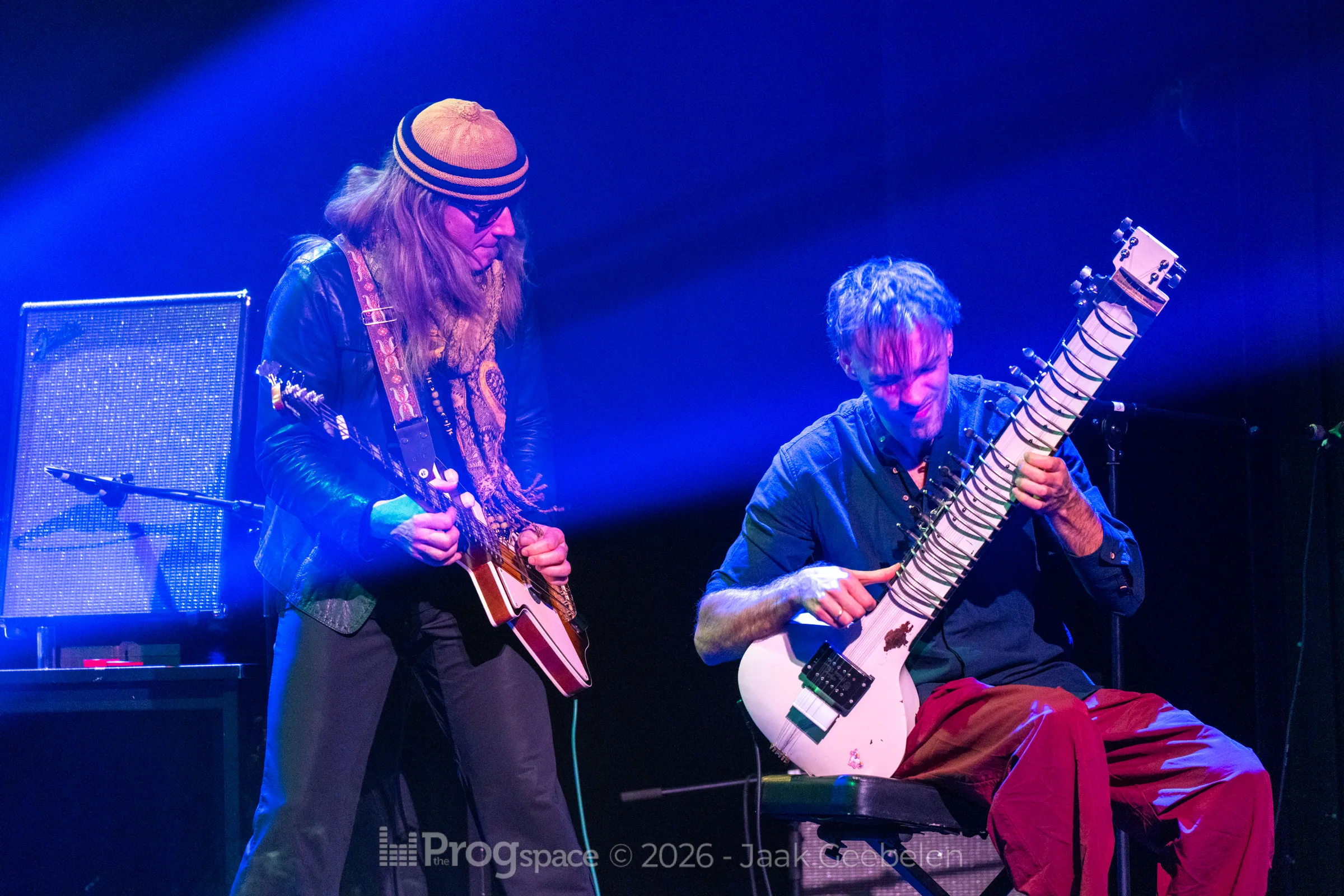
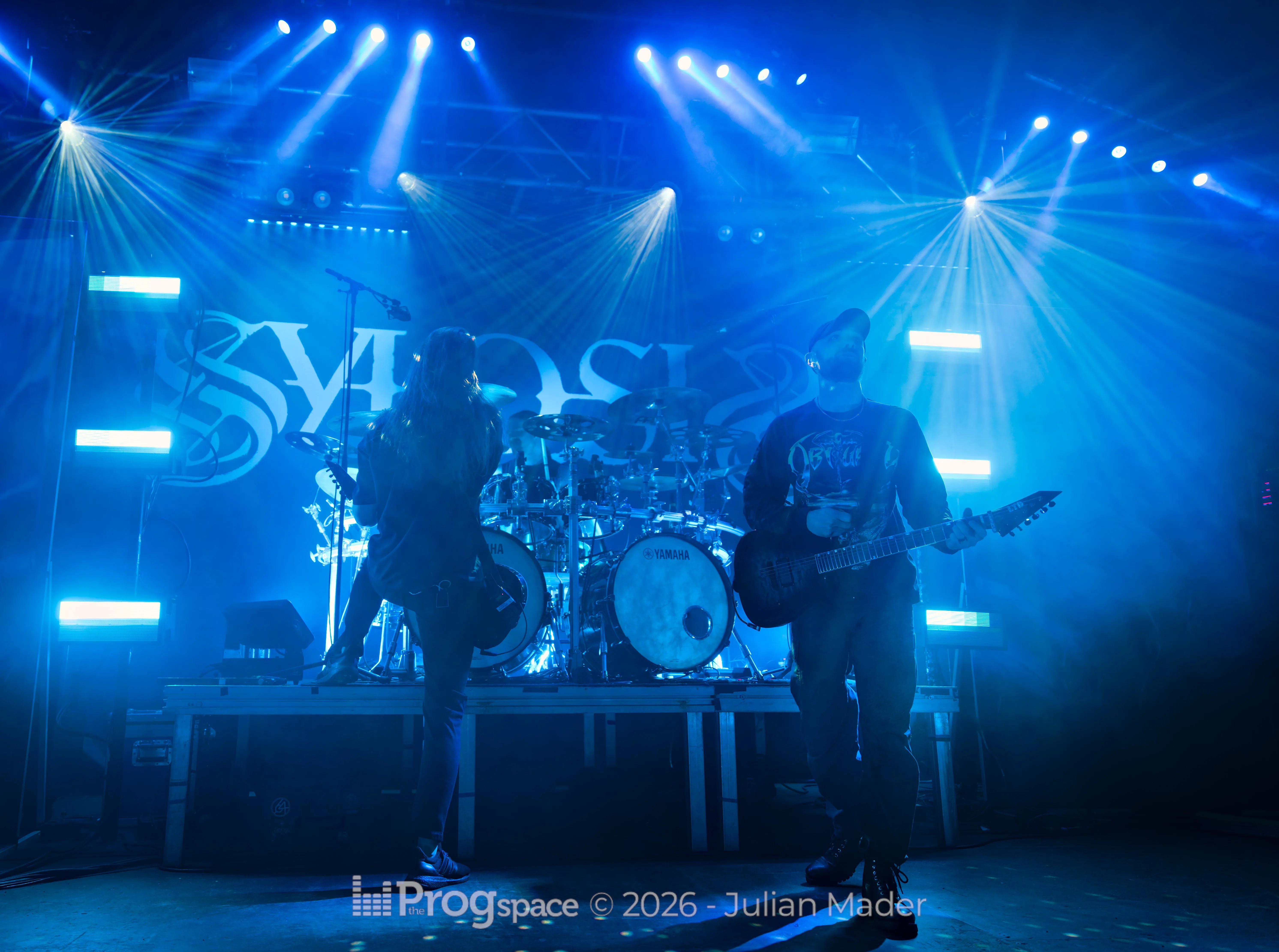
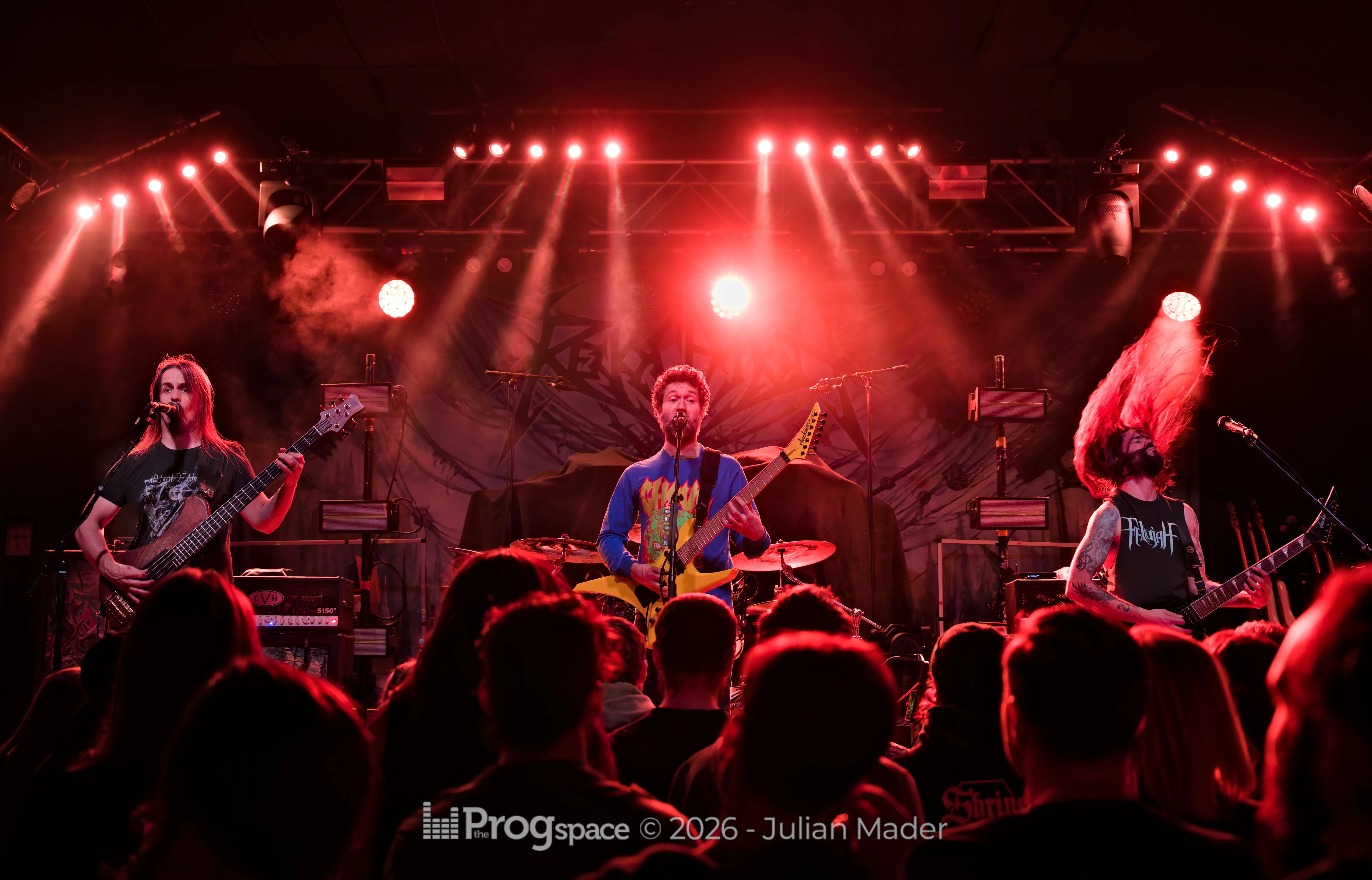

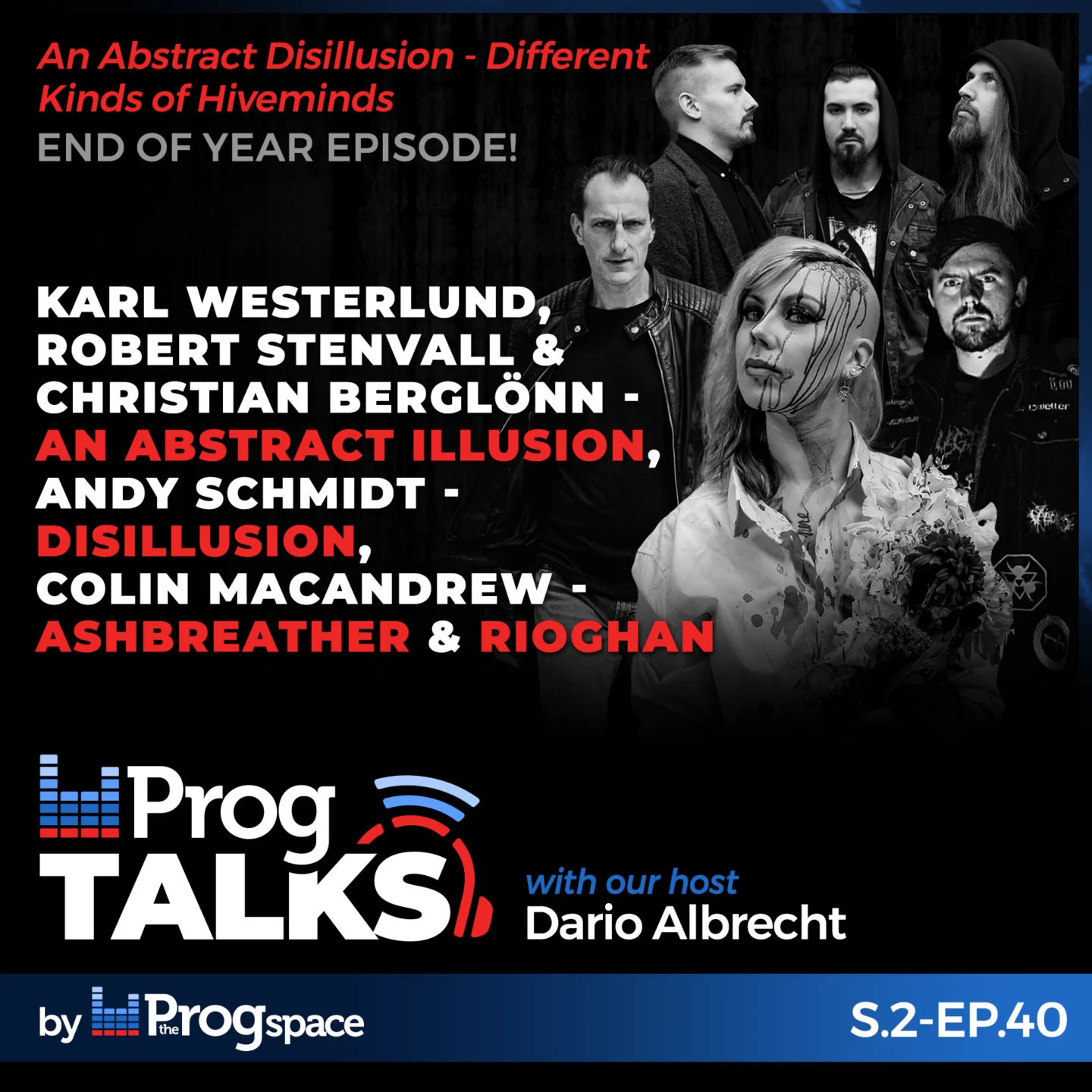
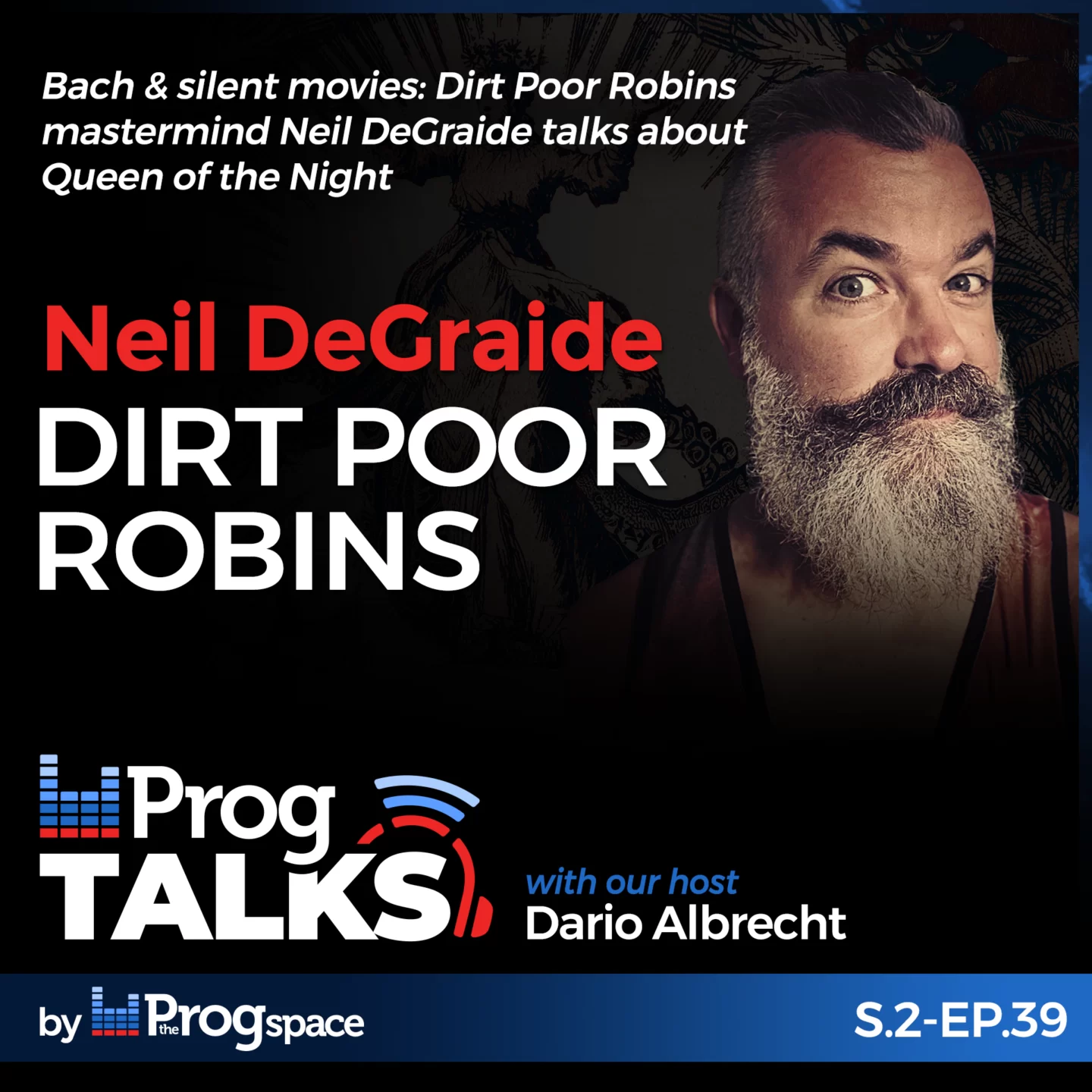

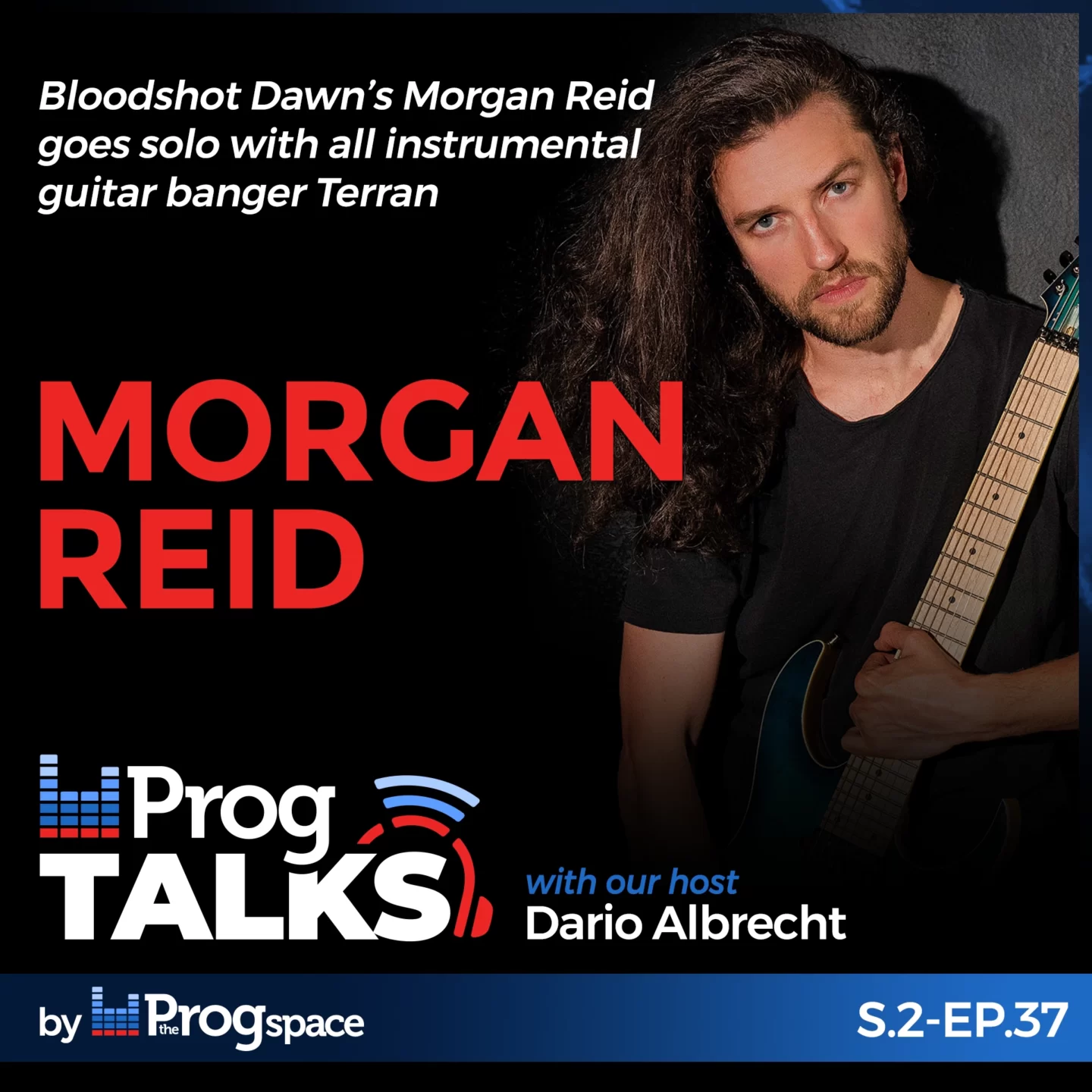


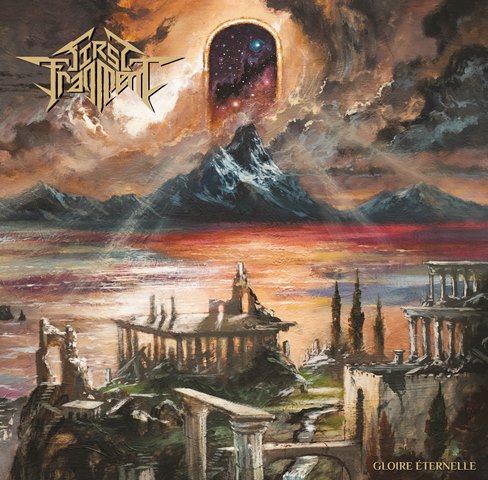
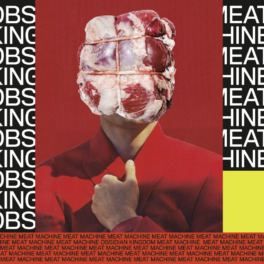
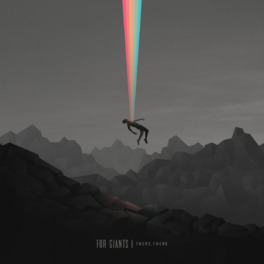
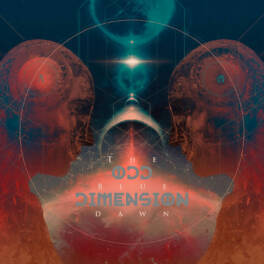
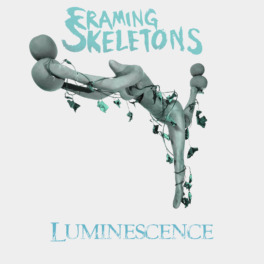


 We’re a group of Prog-lovers who started a journey to share with you our thoughts about albums, concerts, tours and festivals, the photo galleries of the Prog concerts we visit, as well interviews with upcoming or established musicians or prog-related people. Follow our Facebook page for frequent updates and news around the Progniverse.
We’re a group of Prog-lovers who started a journey to share with you our thoughts about albums, concerts, tours and festivals, the photo galleries of the Prog concerts we visit, as well interviews with upcoming or established musicians or prog-related people. Follow our Facebook page for frequent updates and news around the Progniverse.
I wholeheartedly agree with this review. Every word of it, to he exact. You beautifully described this jaw dropping masterpiece, nicely done.